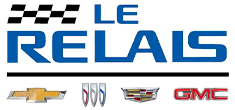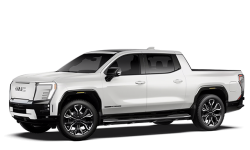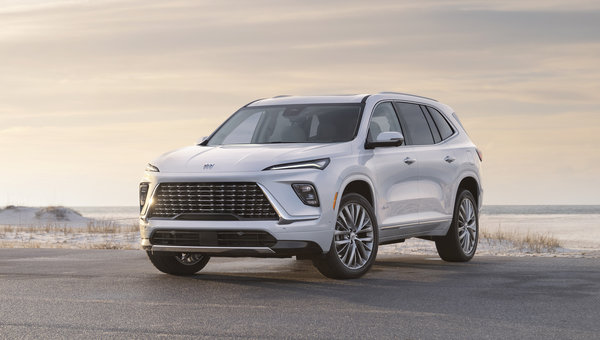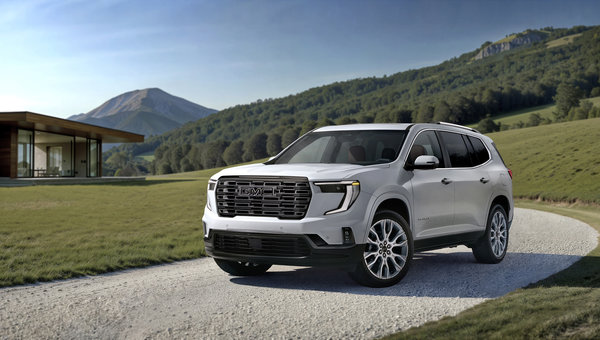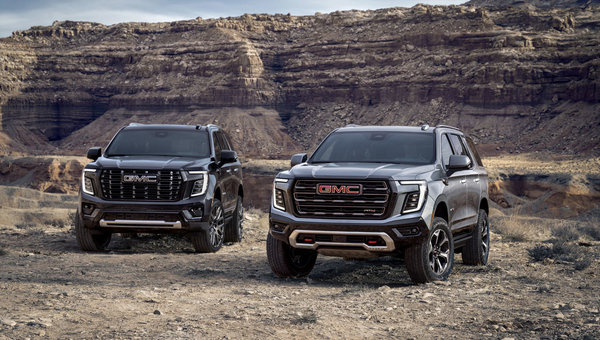Do You Need an L Plate for Your New Pickup in Quebec?
May 29 2025,
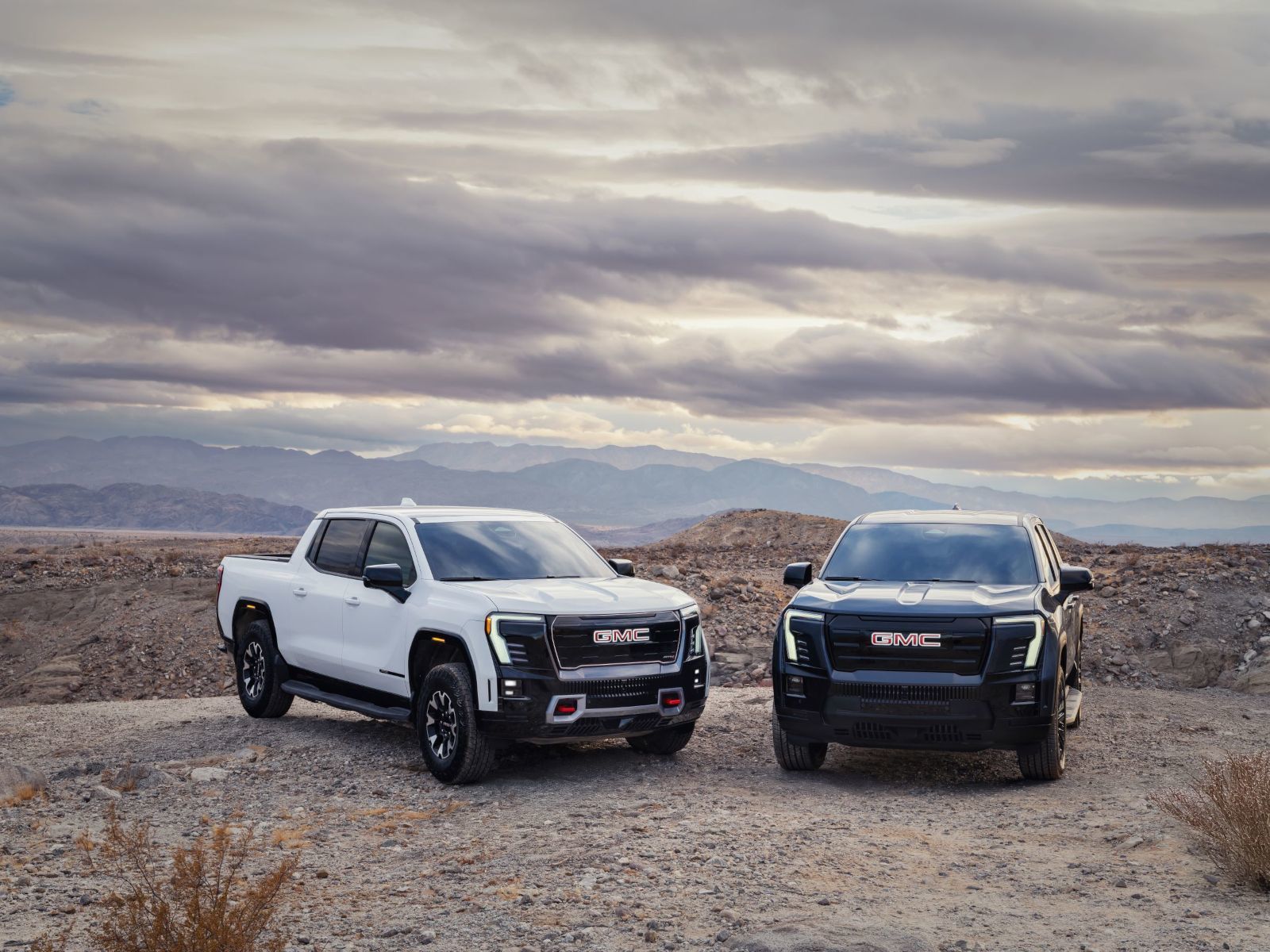
Pickup truck registration in Quebec involves more than choosing your preferred colour and trim level. The weight of your truck determines whether you need a standard passenger plate or an "L" commercial plate, and this decision affects your costs, regulations, and driving privileges. Understanding these requirements before you buy helps you make the right choice for your needs and budget.
The distinction centres on your truck's net weight and intended use. Quebec requires an "L" plate for trucks over 3,000 kg used for commercial purposes, freight transport, or carrying permanently attached equipment. However, pickups between 3,000 kg and 4,000 kg used exclusively for personal purposes can qualify for standard passenger registration, which offers significant advantages for most buyers.
Weight Classifications That Matter
Your pickup's net weight determines its registration category in Quebec. Trucks under 3,000 kg automatically qualify for passenger plates regardless of use. This covers most mid-size pickups like the Colorado and many light-duty full-size models in their base configurations.
The decision becomes more complex for heavier pickups. Those exceeding 3,000 kg fall into commercial territory, but Quebec provides an important exception. If your truck weighs between 3,000 kg and 4,000 kg and you use it solely for personal activities—camping, hauling personal items, recreational towing—you can register it as a passenger vehicle.
Trucks over 4,000 kg require "L" plates without exception, regardless of intended use. These typically include heavy-duty models with large engines, extended cabs, and maximum towing packages.
Personal Use Versus Commercial Applications
Your intended use plays a crucial role in determining the right registration path. Personal use includes recreational activities, family transportation, personal hauling, and occasional moving tasks. You maintain passenger status when you use your truck for camping trips, boat towing, home improvement projects, and similar activities.
Commercial use triggers "L" plate requirements regardless of weight. This includes using your truck for business deliveries, contractor work, agricultural operations, or any employment-related hauling. Even occasional commercial use can necessitate commercial registration, so consider your plans carefully.
The line becomes blurred when you occasionally help friends move or do small paid jobs. Quebec's regulations focus on primary use, but consulting with registration officials helps clarify borderline situations.
Cost Implications of Each Option
Registration costs differ significantly between passenger and commercial plates. Passenger registration typically costs less upfront and annually, while "L" plates carry higher fees to support commercial vehicle oversight and infrastructure.
Insurance premiums also vary substantially. Commercial vehicle insurance costs more than personal coverage due to increased risk exposure and liability concerns. Your insurance company will require accurate information about your truck's registration and intended use.
Consider maintenance and inspection requirements as well. Commercial vehicles face stricter safety inspection schedules and maintenance documentation requirements. These ongoing costs add up over your ownership period and require additional time and planning.
Regulatory Requirements and Restrictions
"L" plate vehicles operate under commercial vehicle regulations, which include more frequent safety inspections, detailed maintenance records, and potential hours-of-service restrictions for certain uses. You may also face limitations on where you can park or drive in urban areas.
Passenger-registered pickups enjoy more flexibility. You avoid commercial vehicle restrictions, face standard inspection schedules, and have broader access to residential parking and certain road areas. This freedom matters for daily use and convenience.
Weight enforcement becomes relevant with "L" plates. Commercial vehicles may be subject to weigh station stops and load verification, adding travel time and compliance requirements to your journeys.
Making the Right Choice for Your Situation
Evaluate your truck's specifications and your intended use honestly. Check the manufacturer's stated net weight for your preferred model and configuration. Add-on equipment and accessories can push borderline trucks into higher weight categories.
Consider your long-term plans as well. If you might use your truck commercially in the future, starting with "L" registration could simplify the transition. However, most personal users benefit from passenger registration's lower costs and reduced restrictions.
Your Next Step Forward
Choosing the right pickup and registration combination requires understanding both your needs and Quebec's requirements. At Le Relais Chevrolet, we can help you identify models that fit your weight preferences and discuss how different configurations affect your registration options, ensuring you get the right truck with the right plates from day one.

